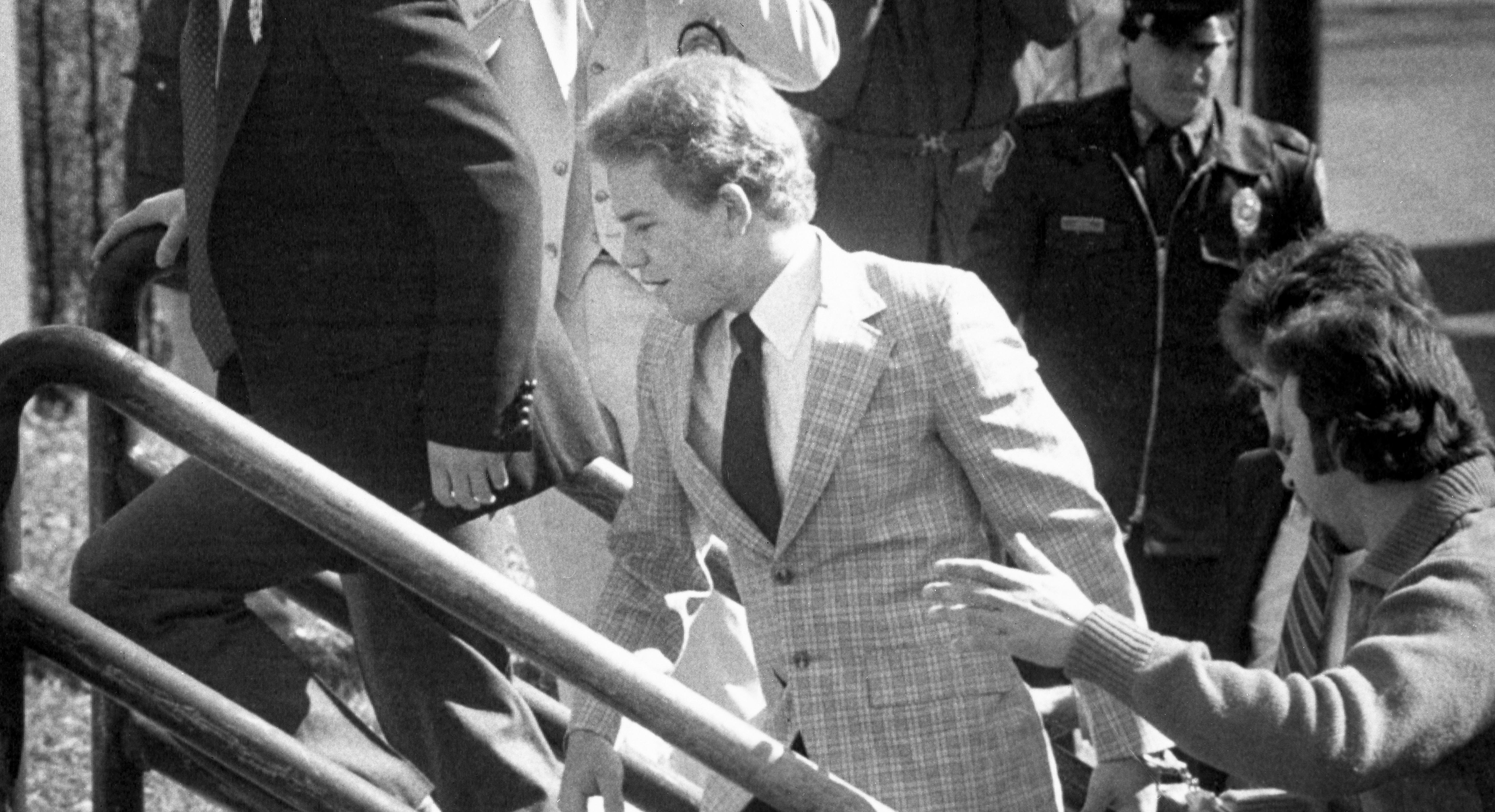'The Conjuring 3' Is Based on This True Story
Updated Oct. 27 2020, 9:26 p.m. ET

Horror fans are already excited about the next installment in the supernatural franchise The Conjuring. Following the supposed real-life events of the paranormal investigating couple Ed and Lorraine Warren, the franchise is the second-highest grossing horror franchise, behind the Godzilla movies.
The first movie in the franchise followed Ed and Lorraine as they dealt with a dark spirit in a farmhouse, while the second installment followed the Enfield poltergeist case in London.
Now, a third installment to the series is slated for a June 4, 2021 release, following the supposed demonic possession of Arne Cheyenne Johnson. This new film, preemptively titled The Conjuring: The Devil Made Me Do It, will follow the trial of Johnson, whose defense for a murder he committed was that, quite literally, the devil made him do it.
Here's what you need to know about the famous case before the movie's release date next year.

What is the Arne Cheyenne Johnson case?
Back in 1981, Arne Cheyenne Johnson went on trial for the murder of his landlord, whom he killed in a heated argument. Johnson, who was only 19 at the time, claimed that he had killed the man because a demon possessed him, forcing his hand in the altercation.
According to an article from The New York Times, Johnson's case was defended by his girlfriend and the Warrens, who both claimed to have witnessed Johnson being possessed.
Allegedly, Johnson became possessed after trying to help 11-year-old David Glatzel be freed of his own possession. The Warrens apparently claimed David was possessed by multiple demons and performed a series of exorcisms on the boy, trying to draw the demons out. It's believed that Johnson became possessed after temping one of the demons, challenging it to possess him instead.
"Miss Glatzel is saying that the killing was literally the Devil's work - that Mr. Johnson had become possessed while trying to help free her younger brother from being possessed. There are others who are saying the same, and they have what they say is evidence," The New York Times wrote of the case.
Allegedly, before the killing, Johnson had experienced a series of paranormal occurrences, including crashing his car into a tree.
Johnson's defense was not upheld, and he was convicted.
Despite the multiple eyewitness accounts claiming Johnson had been possessed, his defense was ultimately dismissed when the case went to trial. His explanation of demonic possession as his motivation to murder was not accepted by the court, as it claimed that it could not prove possession as a motive, and instead his case was treated as though he acted in self defense.
By the end of the trail, after a jury debated for 15 hours, Johnson was convicted of first-degree manslaughter and was sentenced to 10 to 20 years in prison. After serving five years of his sentence, however, he was released.
The Glatzel family later attempted to sue the Warrens, claiming the demonic possession was a hoax after a book, titled The Devil in Connecticut, was published by the Warrens about the supposed possession.